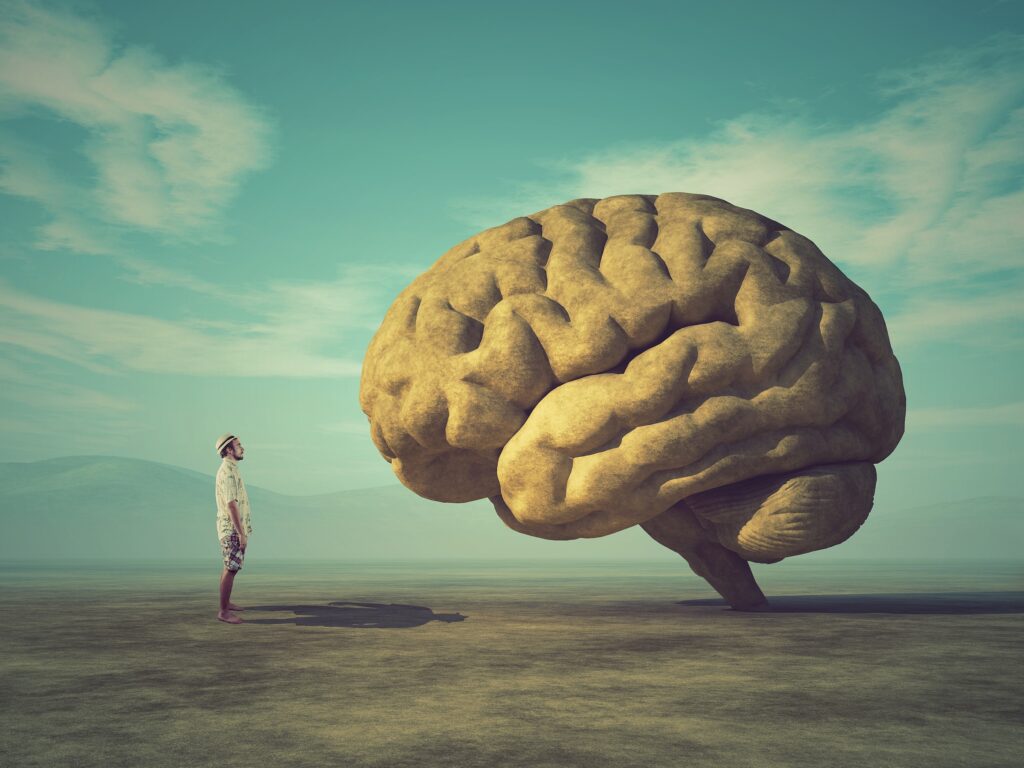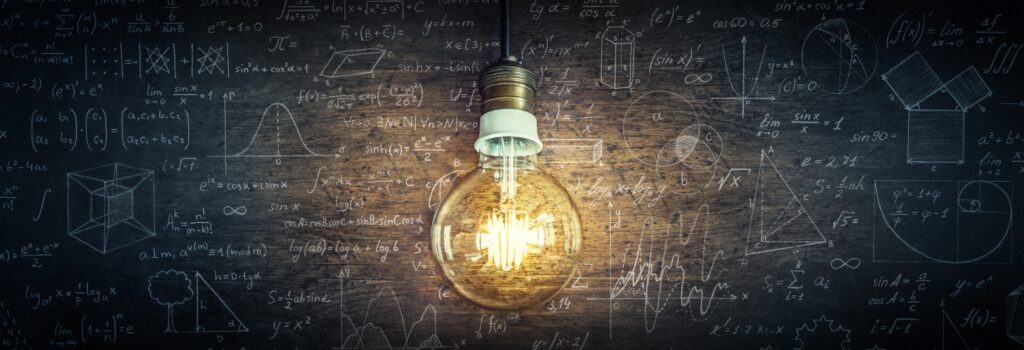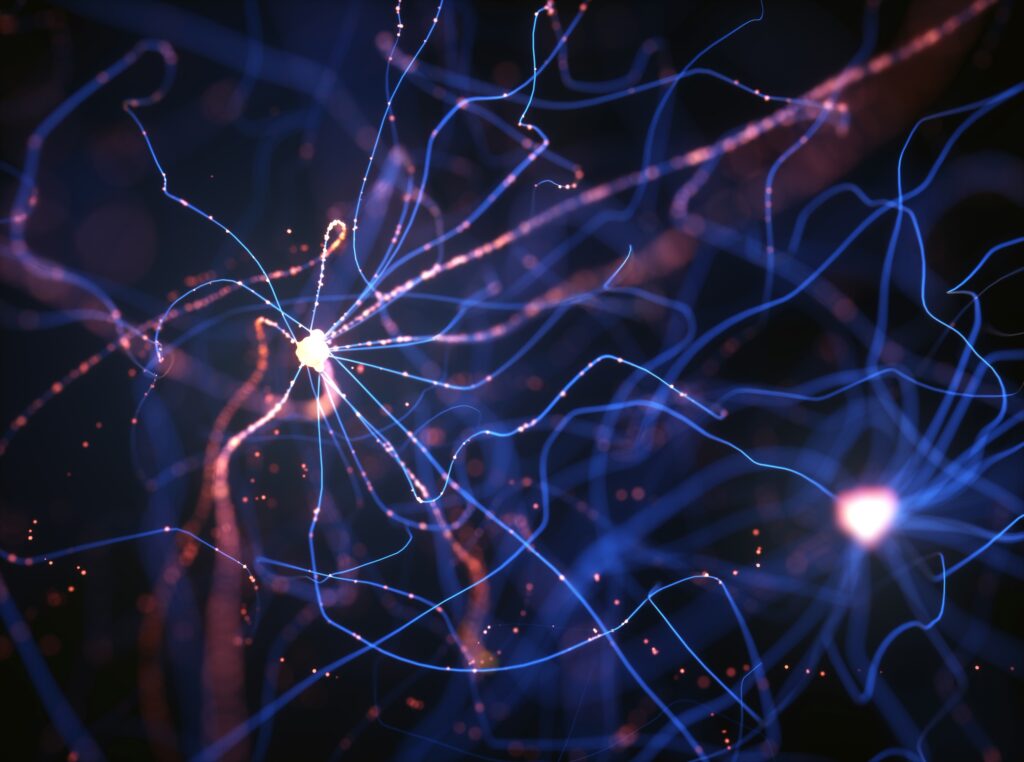What happens to consciousness when clocks stop?
Seeing | Physics | 2024-05-19

Hans Busstra sat down with Bernard Carr and Bernardo Kastrup to discuss all presentations given at our ‘Time and Mind’ conference and elaborate further on their own ideas. For instance, both Carr and Kastrup agree that, if you take an idealist perspective, you need multiple time dimensions to account for the decomposition problem: the mechanism by which consciousness with a big ‘C’ resolves itself into consciousness with a small ‘c’.

Essentia Foundation communicates, in an accessible but rigorous manner, the latest results in science and philosophy that point to the mental nature of reality. We are committed to strict, academic-level curation of the material we publish.
Recently published
Reading
Essays
Seeing
Videos
Let us build the future of our culture together
Essentia Foundation is a registered non-profit committed to making its content as accessible as possible. Therefore, we depend on contributions from people like you to continue to do our work. There are many ways to contribute.















